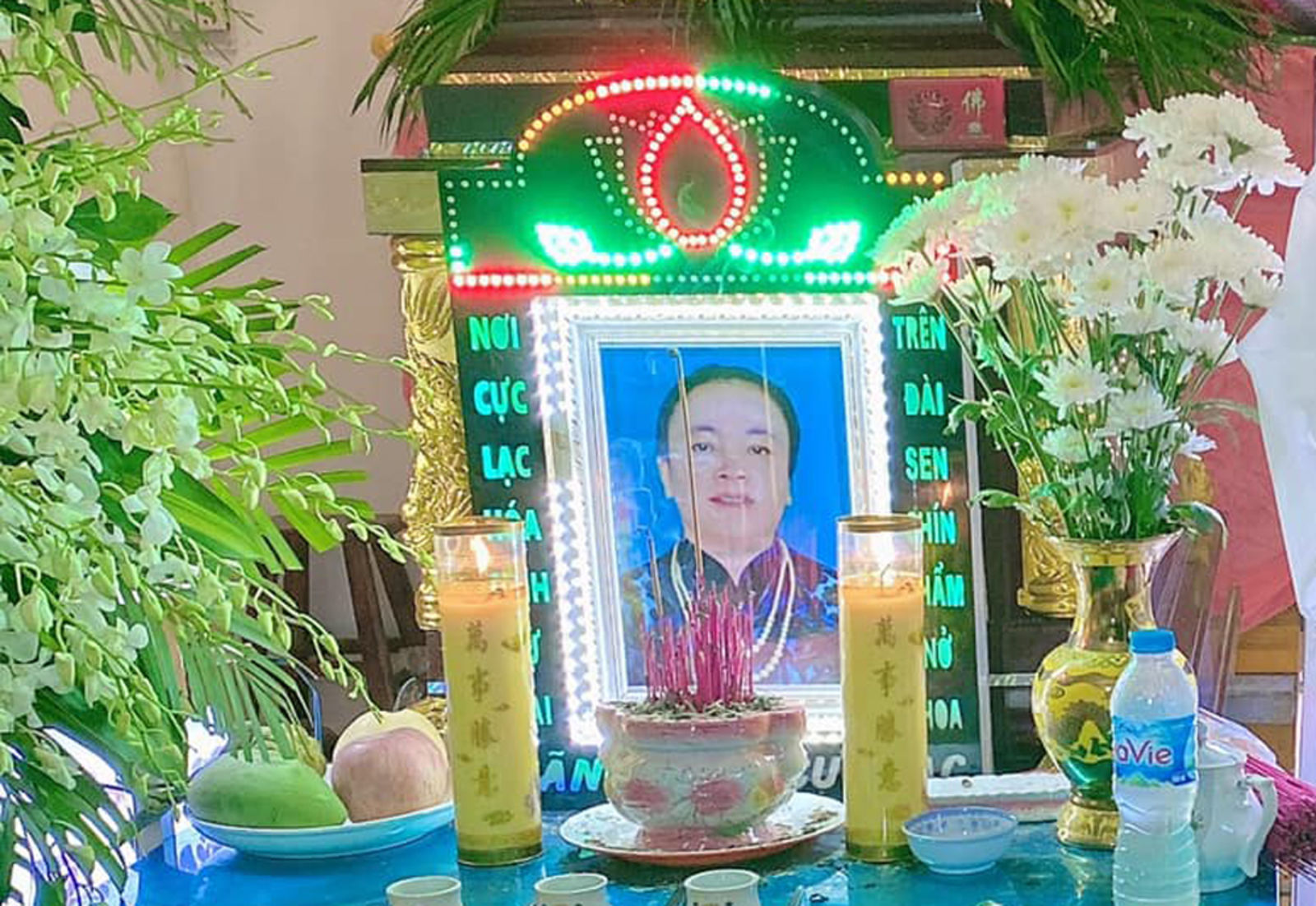Vietnamese students are taking home medals from international contests in math, physics and chemistry, but this may have little impact on the country’s education system and scientific progress.
With four golds, one silver and one bronze, Vietnam’s team won big at the 2017 International Mathematic Olympiad (IMO), reports Zing. The six-member team ranked third among 112 participating countries, losing out only to South Korea and China.
This counts as one of Vietnam's strongest performances at the IMO to date, according to professor Le Anh Vinh, who followed the team to Brazil for the two-day competition last week.
Furthermore, Hoang Huu Quoc Huy, a high school senior from Vung Tau, also achieved the highest personal mark in the two-day competition, together with two other participants from Iran and Japan.
In the same month, Vietnamese students also tied with China for second place in the International Chemistry Olympiad, while taking fifth place in a similar competition on physics, according to Tuoi Tre.
Despite these victories, to some, the results say little about Vietnam’s contribution to scientific research or the current state of the national education system.
“Winning international prizes proves that these students are smart and capable, but it doesn’t mean that their entire lives will revolve around the subjects in which they’ve won,” Le Tuan Hoa, director of the Vietnam Institute of Mathematics, told the news source. In many cases, Hoa said, the achievements only serve as a stepping stone for the students to pursue other disciplines and career paths.
Even those who are passionate about the subject often end up studying it in-depth elsewhere. Ngo Bao Chau, a Fields laureate who also participated in the IMO in the 1980s, lamented: “The problem is that most Vietnamese with talent in basic science have achieved success abroad. They have furthered their study in a foreign country, and decided to stay for work and research.”
Low wages are one of the reasons why many young talents leave Vietnam to seek a career abroad, according to professor Pham Bao Ngoc from the Vietnam National University. “There’s only a handful of talented students each year, but if they follow a career in fundamental research in Vietnam, their monthly income will only hover around VND10-15 million (US$440-660), about the same as an Uber or Grab driver,” Ngoc said to the news source.
[Photo via Nhan Dan]














